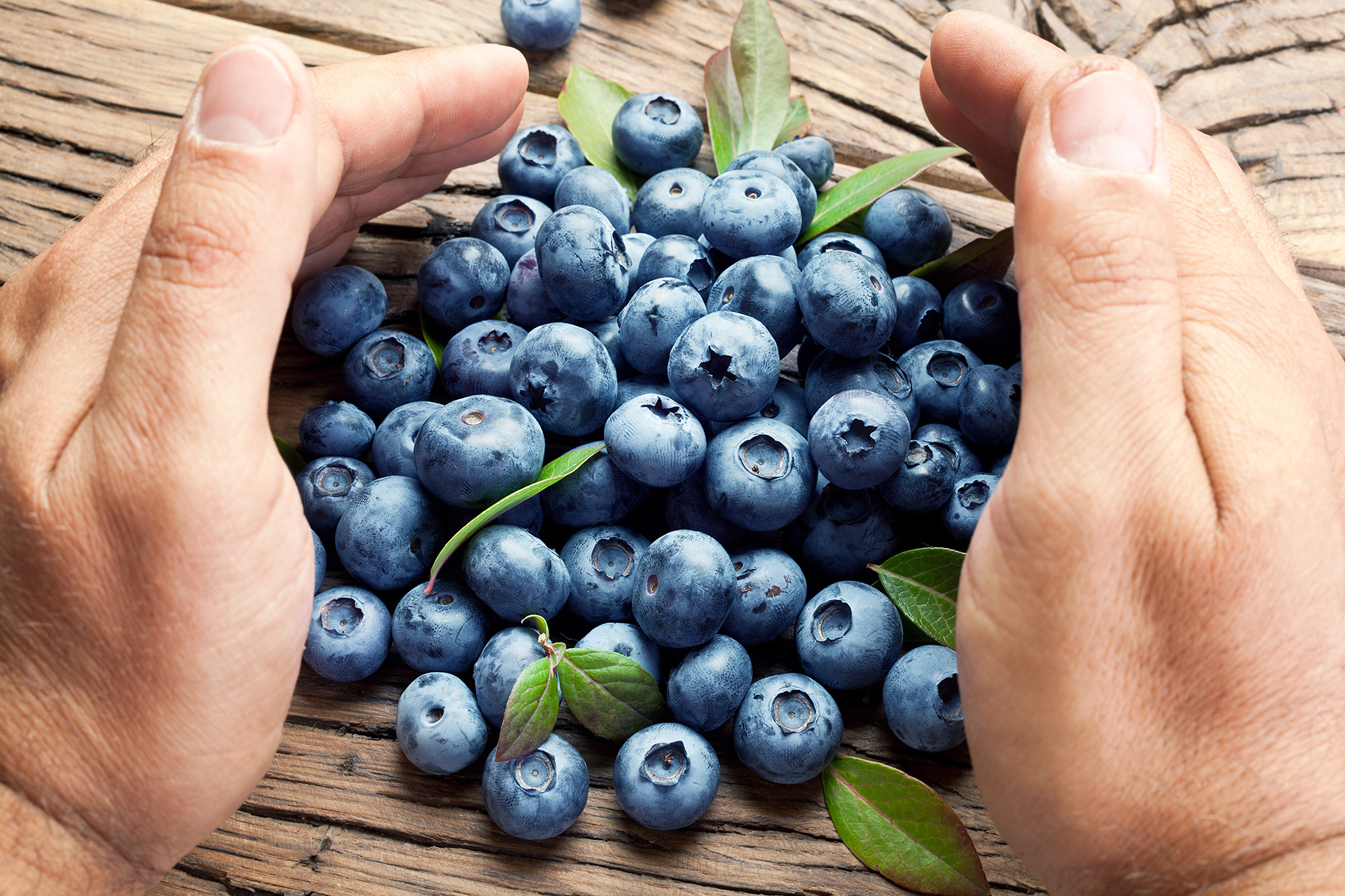Europe: Blueberry promotions ran like crazy
Blueberry demand is high, says Fred Douven of abbGrowers in the Netherlands. “Most of the blueberries come from Chile. The Peruvian supply is also still going well. The first pallets from Morocco are arriving now, too, but that country is still only getting started.”
“Prices were slightly lower in early January due to pressure from the Chilean supply. Those prices are, however, picking up, which I expect to continue in February. Supply from central Chile is already declining, and because of November’s hail and night frost, supply from that country is decreasing. Quality-wise, the Chilean season started somewhat more difficult, but that has since improved considerably,” continues Fred.
“Peru’s still shipping, on average, about 95 containers of blueberries to Europe, of which we get several. That country is, once again, delivering good quality, flavorful berries. Air freight products like green asparagus from Peru are experiencing many problems due to the riots. Sea freight, however, continues to go quite well.”
Fred says inflation is undoubtedly affecting sales. “But that varies significantly per country, and people have become true bargain hunters. In Week 2, for example, Dutch supermarkets ran plenty of promotions, which ran like crazy. Sales in Germany, on the other hand, have been more stable with fewer high ups and deep lows.”
“Regarding revenues, this isn’t the simplest time, with the transition from South America to North Africa and Southern Europe. We, however, certainly can’t complain. The Spanish blueberries won’t arrive extremely early or late. Though, there’s much concern about whether there will still be enough water for the soft fruit crop in Huelva and surrounding areas,” Fred explains.
According to him, club varieties increasingly being positioned separately is an important market trend. “Anything round and blue used to be sold as a blueberry, but with the entry of certain club varieties, you see more and more differentiation. We’re doing that with the Sekoya-premium program, where sales are increasing enormously. Despite the recession, people still have money to spare for tasty berries.”
Another trend is that IQF and frozen berry sales have taken off. “That began during the COVID lockdowns and continues to gain momentum. Consumers have discovered the convenience of frozen goods while taking advantage of the interesting price tag,” Fred concludes.
25/01/2023







